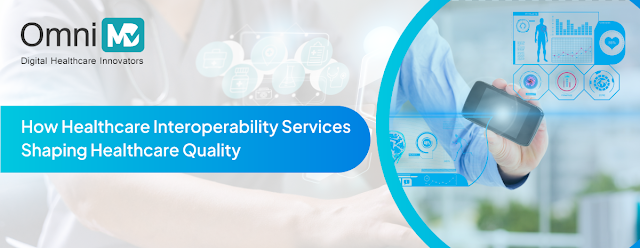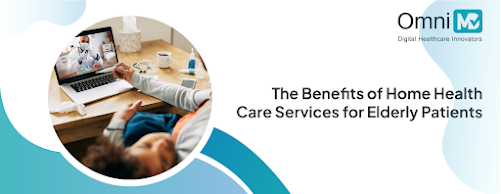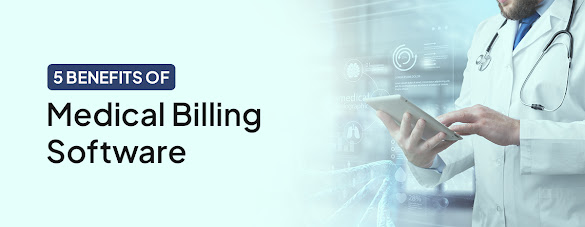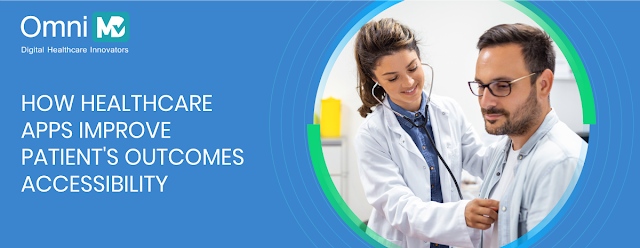How Healthcare Interoperability Services Shaping Healthcare Quality
Leveraging interoperable systems, devices, and applications allows healthcare-based services to optimize their workflows, enhance efficiency, and deliver improved services to customers.
According to Markets and Markets, the global healthcare interoperability solution market is expected to grow at a CAGR of 12.9% till 2027.
Healthcare Interoperability: Brief Introduction
Healthcare Interoperability services refers to the prompt and secure access, integration, and utilization of electronic health data. It enables the optimization of health outcomes for both individuals and populations.
Healthcare Data Interoperability aims to create a cohesive health information ecosystem which allows healthcare providers, payers, and other stakeholders to share and access data efficiently. The interoperability ecosystem includes individuals, systems, and processes that collaborate to share, exchange, and access various forms of health information, which further enhances patient care.
Why Healthcare Interoperability Important?
Healthcare interoperability is crucial because patients often receive care from multiple providers working in various healthcare systems. Interoperability ensures the seamless exchange and integration of electronic health data which allows various healthcare services to access and share information securely. `
Healthcare Data Interoperability empowers patients as they can actively participate in their health-based decisions by having access to their information. The connections and integration across different types of systems contribute to improved patient care and quality results. In addition, interoperable interfaces and standard terminologies make health data exchangeable and comparable across systems, institutions, hospitals and countries.
Top Latest Developments in Healthcare Data Interoperability
Healthcare data interoperability promotes innovation and information sharing across diverse systems and health networks. Now, let's delve into the recent developments which are making their way into the healthcare domain.
1. Rise in API Utilization: The increased adoption of Application Programming Interfaces (APIs) fosters standardized data exchange between diverse healthcare systems. It facilitates seamless integration which empowers healthcare providers to efficiently access and utilize patient data.
2. Adoption of FHIR Standards: Fast Healthcare Interoperability Resources (FHIR) standards are gaining prominence for electronic healthcare data exchange. They are known for flexibility and their widespread adoption as FHIR simplifies interoperability challenges in the healthcare industry.
3. HL7 v2 Standard Implementation: Nowadays most Healthcare organizations are leveraging the HL7 v2 standard to share patient data across hospitals, practices, laboratories, and insurance companies. This messaging protocol ensures organized data exchange by maintaining consistency for smooth integration.
4. Increase in EHR Adoption: Electronic Health Records (EHRs) are increasingly prevalent as they offer electronic systems to store and manage patient health information. This rise in EHR adoption improves interoperability by facilitating easy access and sharing of patient data among healthcare providers.
5. Integration of Cloud-Based Solutions: The use of cloud-based solutions enhances the accessibility and storage of clinical information. In addition, data analytics models, including predictive analytics can empower healthcare organisations with real-time insights. Cloud-based solutions enable clinicians to access patient records remotely which reduces the pressure of paperwork burdens and longer wait times.
6. Focus on Data Security and Privacy: As healthcare data undergoes digitization and sharing, the emphasis on robust security measures and adherence to data privacy regulations is increasing. Thus, it ensures the protection of sensitive patient information.
7. Innovative Technologies and Tools: Ongoing advancements introduce blockchain-based systems for secure data storage and sharing. Machine learning algorithms play a crucial role in extracting and analyzing data from diverse sources, contributing to enhanced interoperability in healthcare. Blockchain's distributed database architecture expedites approvals securely, eliminating the need for third-party involvement.
Some of the core technologies are:
Blockchain:
Secure Data Exchange: Blockchain ensures secure and tamper-resistant sharing of health data among different entities which fosters trust in the accuracy and integrity of patient information.
Patient Records Access: Healthcare professionals can access patient records stored on the blockchain to promote efficient and decentralized information retrieval.
Security in IoMT: Blockchain integration enhances the security and confidentiality of patient data in IoMT systems.
AI & ML:
Data Analysis and Decision-Making: AI and ML analyze vast healthcare datasets which provides insights for informed decision-making and personalized patient care.
Risk Prediction: Machine learning models assist in predicting patient risks and outcomes which supports preventive measures and improves overall healthcare planning.
Interoperable Data Processing: AI algorithms can process diverse data formats to facilitate interoperability between different health information systems.
IoMT:
Integration with AI: IoMT devices integrated with AI enable real-time data classification which supports decision-making based on continuous monitoring of patient health.
Enhanced Security: Blockchain-enabled IoMT systems ensure the security of end-to-end communication which is crucial for maintaining the integrity and confidentiality of medical data.
Key Benefits of Interoperability Services
Interoperability in Healthcare services offers several benefits which improve patient care, streamline processes, and enhance decision-making.
Here are the major advantages of interoperability in healthcare services.
Improved Patient Safety
The ability to access a patient's complete medical history empowers doctors and hospitals to make more informed decisions as it reduces the risk of medical errors. Interoperability services lead to a safer healthcare environment by providing a comprehensive view of a patient's health status and treatment history.
Enhanced Care Coordination
Interoperability of data fosters collaboration among different healthcare providers through better communication and coordination of care. It is especially beneficial for patients with chronic conditions or complex medical histories as coordinated care can result in optimal outcomes.
Increased Efficiency and Cost Savings
Interoperability services contribute to operational efficiency within healthcare organizations by streamlining information exchange. The healthcare data interoperability reduces unwanted tests, avoids unnecessary procedures, and minimizes administrative overhead which results in cost savings for both providers and patients.
Empowered Patients
Interoperability services also empower patients by giving them greater control over their health information. Patients can securely access their electronic health records, share information with different healthcare providers, and actively participate in their care decisions.
Data-Driven Insights
Leveraging interoperability allows aggregation and examination of data from various sources which provides valuable insights for population health management, research, and public health initiatives. The integration of data from different healthcare systems enables population health analytics to recognize patterns which helps in evaluating health outcomes and create customised solutions for particular patient groups or communities.
Reduction in Medical Errors
Interoperability reduces the risk of medical errors by providing healthcare providers with precise and current information. It facilitates the exchange of medication details, allows healthcare professionals to verify prescriptions, assess potential drug interactions, and prevent medication errors that may harm the patient.
Conclusion
Healthcare Interoperability services are bringing major transformation which is resulting in improved patient safety, enhanced care coordination, and increased efficiency. As the healthcare industry continues to embrace and expand these interoperable solutions, patients and providers will continue to achieve benefits from a more connected, informed, and responsive healthcare ecosystem.




Comments
Post a Comment